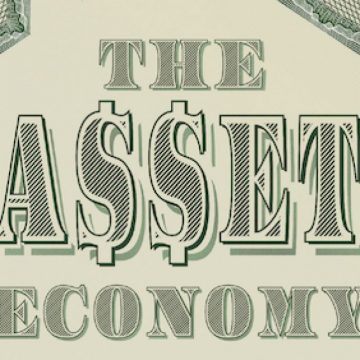 Lisa Adkins, Melinda Cooper, Martijn Konings in the LA Review of Books:
Lisa Adkins, Melinda Cooper, Martijn Konings in the LA Review of Books:
At the start of 2019, The Economist coined the term “millennial socialism” to refer to the growth of strong critical and left-wing sentiments in a generation that until recently was primarily known for its sense of entitlement and its obsession with social media. It noted that a large percentage of young people hold a favorable view of socialism and that “[i]n the primaries in 2016 more young folk voted for Bernie Sanders than for Hillary Clinton and Donald Trump combined.” The Economist acknowledged that some of these millennials may have good reasons for their political sentiments. But it immediately went on to declare that understanding this trend shouldn’t lead us to justify or legitimate it — socialism remains as dangerous as The Economist has always known it is. It views millennial socialism as being too “pessimistic” and as wanting things that are “politically dangerous.” The Sydney Morning Herald followed up in the same month with an opinion piece arguing that while millennial socialism has roots in millennials’ “rising anxiety about their economic prospects” (and in particular the virtual impossibility of ever attaining home ownership in the country’s largest cities), as a political choice it seemed to reflect above all ignorance and the lack of memory of the horrors of communism.
Framing this political shift in terms of a generational schism would seem to rest on flimsy conceptual foundations. Indeed, while generational analysis may be making a return to public debate, where the mainstream press loves to cover millennials, among social scientists it has largely gone out of fashion. The idea that being born around the same time or experiencing the same historical events at the same age produces a natural solidarity or a similar experience of life is now considered overly simplistic. It is typically seen as too abstracted from a range of other structural inequalities that would seem to have far greater bearing on people’s position in the social hierarchy. Just as there are poor baby boomers, so there are fabulously wealthy millennials.
Yet some element of generational distinction seems to be playing an undeniable role in the logic of the present. So what do we make of this?
More here.
